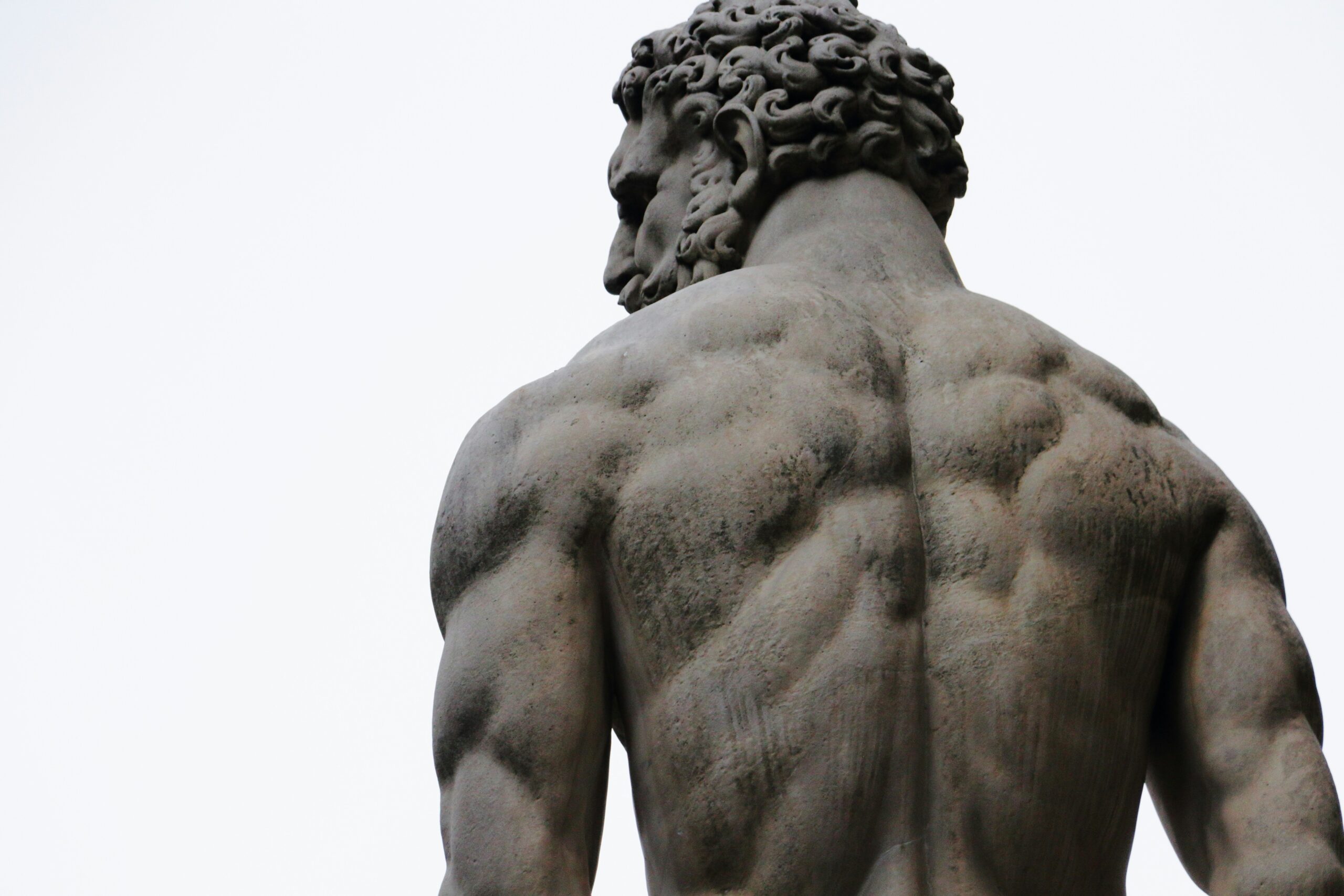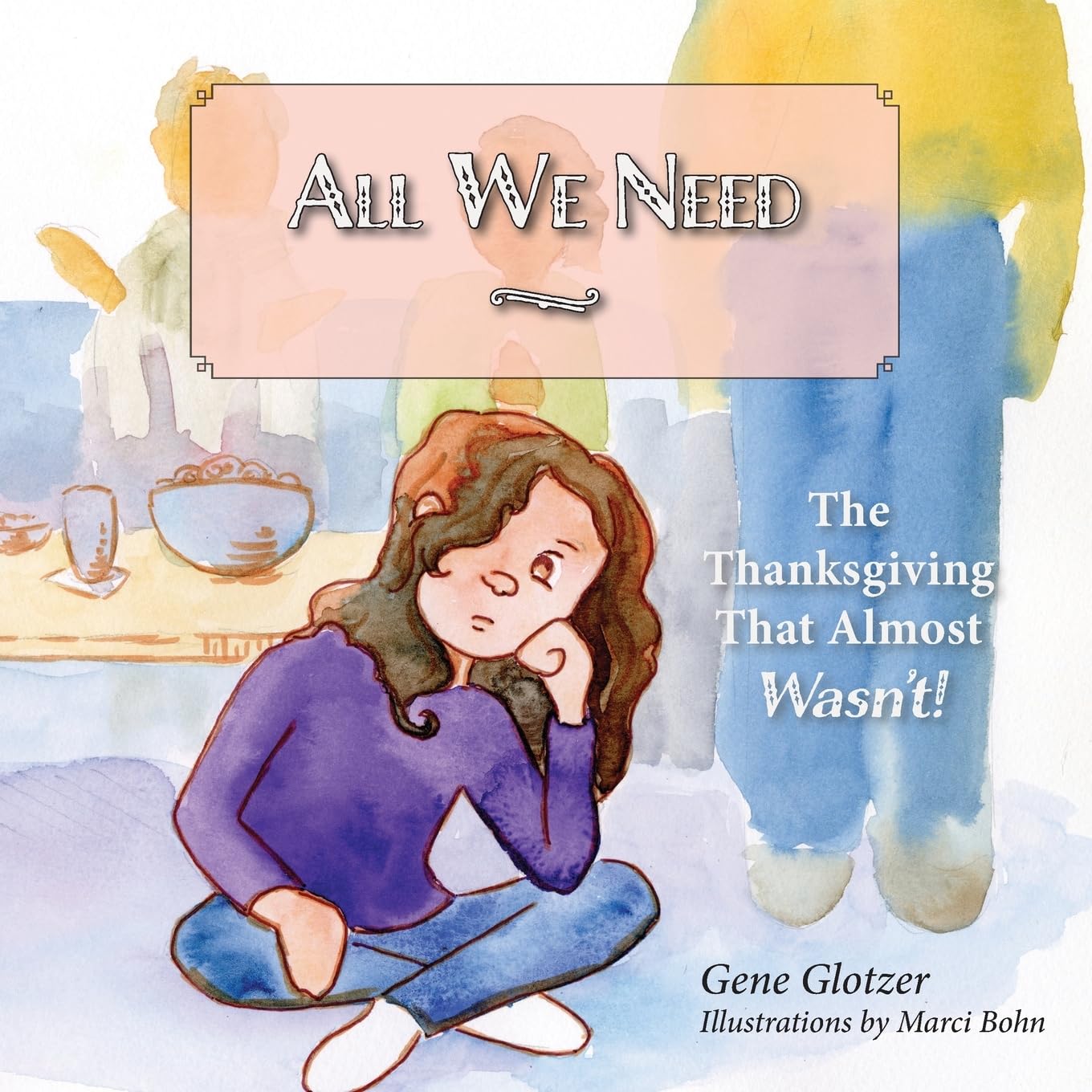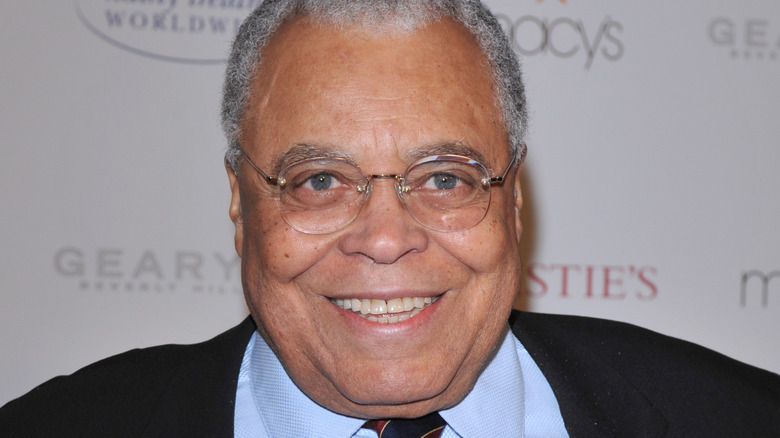
I was talking to my drug dealer a couple of weeks ago about his plans for the future. He wants to open up a music studio, but he needs money to make that happen. “I want to get a $10,000 loan, but my credit isn’t great,” he said. “I got ways to pay it back, I just need the loan. I’d settle for $5,000.”
“I know a guy,” I said to him. For whatever reason, I know lawyers and bankers. “I’ll give him a call and see if he can help you get a loan.”
I made the call and reported back to my dealer. There was no way around his credit score, so he’d have to improve that. No worries though, because there’s a free program to rehabilitate credit. After that, he can reach out to a special bank that works with new startups, but they require a fleshed-out business plan. No worries though, because there’s a free six-month program to show him how to make a business plan. Once he was done with that, he would be in good position to apply at the special bank.
“So they want me to spend a year proving I’m ready for the loan, and then they still might not give it to me?”
“Yeah.”
“This is that bullshit I’m talking about.”
“Yeah. Sorry.” He decided that adding cocaine to his menu was the most direct way to his goal.
A few days later, another friend reached out to me. I met her at Trinity, but she was now back home in Palestine. She asked me to help her with a scholarship essay so that she could enter a Ph.D program. I said sure; for whatever reason, I know what colleges like to hear.
“The program I want is very specific. Palestinians have no digital rights. Israel does not respect our rights, and our leaders can’t pass laws to protect us. I want to help secure the digital future of my people,” she explained to me. “I’ve been accepted to Ph.D programs, but they all came without funding. I need scholarships to attend.”
I went to work revising her essay, trying to help the best draft shine through. That meant lots of cutting, and I found myself asking the cynical question, “How do I connect her personal suffering to the messaging this scholarship fund will respond to?” I worked and she worked, trying to hone her refugee experience into a sufficiently brief statement.
We missed the deadline.
“It’s okay,” she said. “I will just try again. I’ll need your help when I’m working through these other scholarships.”
So all that was in the back of my head when I decided to finally rewatch Scott’s Tots. I hated this episode because it hurts so much to watch. Michael Scott is a fictional character, but I’ve met so many people like him- people who make promises about changing lives that they can’t keep. It reminds me of my experience in ConnCAP, the Hartford Courant, CREC and so many other “do-gooder” organizations who claim to help, but never solve the problem.
Michael stands there and faces the music (after being shamed into it), but still manages to feel good about himself when Erin tells him that the Scott’s Tots kids have higher high school graduation rates. That’s the ultimate rub with the do-gooder organizations: even when confronted with the reality of their constant failures, they manage to spin hay into gold by raising up the minor success they achieved and slapping the phrase, “We’re doing good work” on it.
But so what? So what if kids who were planning on college got out of high school at a higher rate? So what if there’s a bunch of free hoops to jump through for a loan? So what if there’s a scholarship process where you commodify your pain IF IT DOESN’T FUCKING LEAD ANYWHERE?
I love this episode now because it’s calling out all of that do-gooder bullshit. When that kid said, “You’re supposed to pay for my college,” I heard him say to every person who has used the word “equity” to my face, “You’re supposed to fix this.” Michael didn’t, and still managed to feel good in the end. Like I said, I’ve met alot of Michael Scotts, and my friends are forced to continually dance for them.









